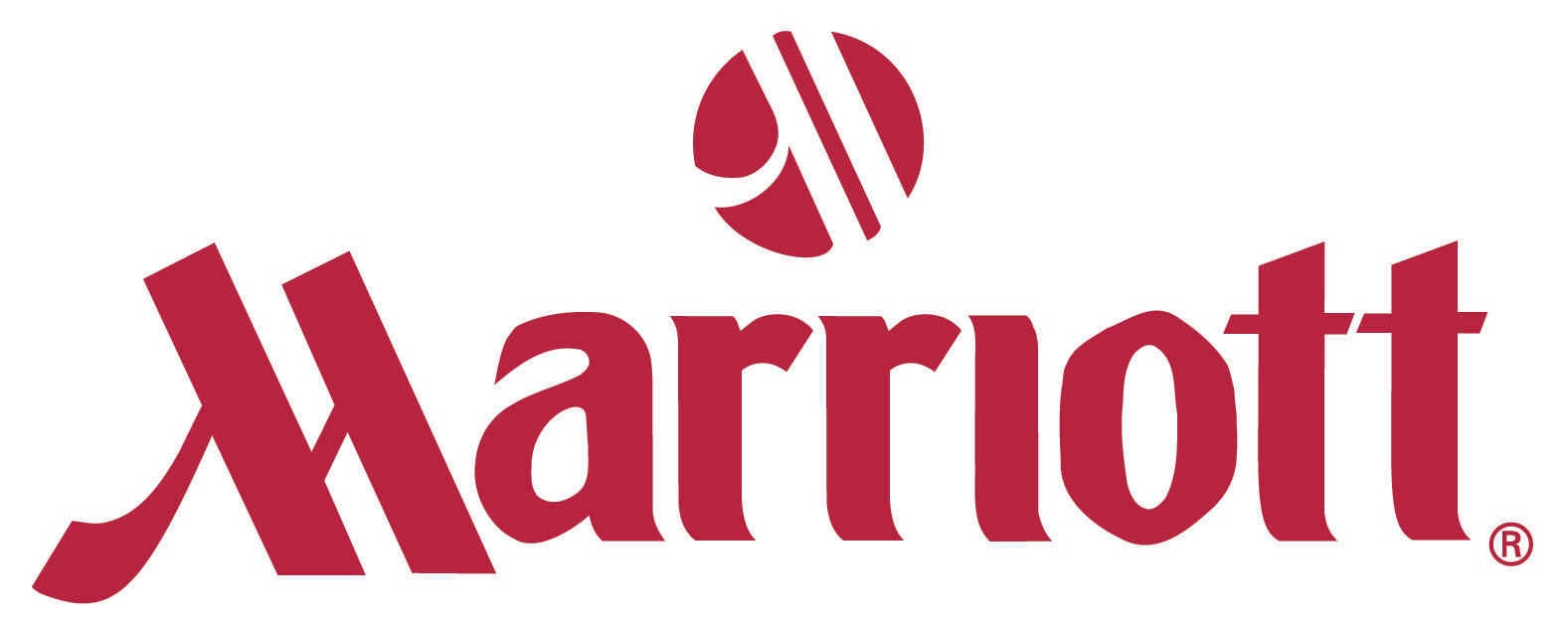Not so long ago, marketing was a one-way conversation. That was until crowd sourcing and the social media revolution changed everything. Before, consumers were rarely asked to take an active role in the marketing of their favourite products. However, over the last few years, companies have been recognising the benefits of involving customers in product design and development, which has greatly informed businesses’ content marketing strategies. For example:
- Expedia launched a crowdsourced deals feature on its U.S. site in 2012, which relies on user-generated deals to showcase the best travel deals.
- In April 2013, Nissan announced a new marketing campaign that used its social channels to allow fans to help customize and name a one-off version of the Juke Nismo.
- Levi’s ran a crowdsourced campaign in 2012 to find a new star for its 2012 marketing activities. The jeans brand asked people to upload images of themselves onto the social network and tag them with #iamlevis. The winner then took centre stage in Levi’s 2012 ‘Go Forth’ ad campaign.
The principle of crowdsourced marketing is that many heads are better than one – and by canvassing a large crowd of people for ideas, skills, or participation, the quality of content and idea generation will be superior.
Getting your customers involved in the process is a great way to drive engagement, product improvement, product development and your overall reputation as a brand.
So how are businesses harnessing the power of the crowd for good? This is how LEGO have done it.
Lego: LEGO Ideas
Lego receives more than 20,000 unsolicited ideas every year, which demonstrates the commitment and strength of its fan base. Over the past few years, the toy manufacturer has been looking at how it can tap into these ideas in a way that benefits the business and its users.
The result is their LEGO Ideas website, which is a place where enthusiasts (from ages 13 and over) can submit their new LEGO kit ideas.
The online LEGO community votes on each idea and if/when an idea receives 10,000 votes, the idea goes into global production. Once on sale, the creator of the kit receives 1% of sales.
This clever crowdsourced initiative has proven to be hugely successful for LEGO. Not only has the program led to the creation of six user-suggested sets in two years, (including the Minecraft and Ghostbusters kits), but the initiative has cultivated a community of brand advocates, who get excited for the new products, because they had a hand in their production.
By tapping into this community of committed fans, Lego is able to deliver products that consumers really want. The process keeps Lego fans engaged with the brand, and encourages them to bring friends and family onto the site to support their ideas.
Hotcow is a non-traditional creative agency that specialises in experiential marketing that goes viral. Our campaigns generate buzz through crowd participation, PR and content sharing. Contact us on 0207 5030442 or email us on info@hotcow.co.uk.



